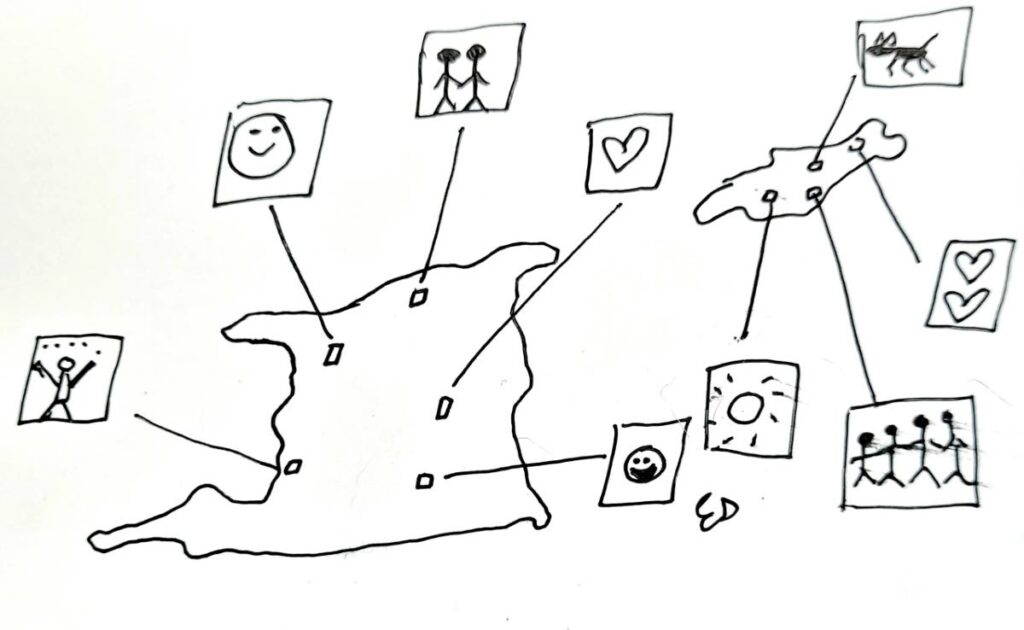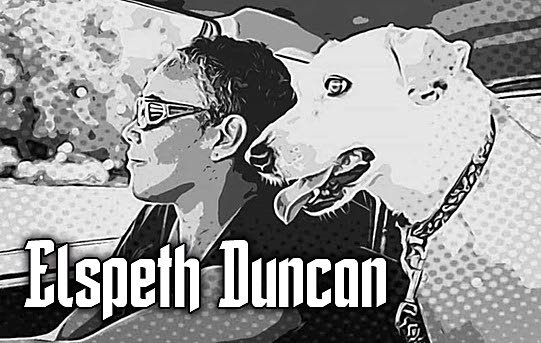Pixels of hope in bigger picture

Some days ago a friend in Trinidad sent me a photograph of a fireworks tent that was erected recently in the car park of a supermarket.
Confused, she asked: “We are in October. That can’t be for December, can it?”
“Divali is on the 24th,” I responded.
In an open letter to the Attorney General Reginald Armour, published on October 12 in the Newsday, a group known as the Fireworks Action Coalition of TT (FACTT) said their e-mails (dated September 12, 19, 26 and October 3) to the AG’s Office, requesting "protection from the onslaught of fireworks this Divali season," have had neither response nor acknowledgement.
In the grand scheme, concerned voices of those who cry out against festive explosives multiple times a year seem to be ignored continuously.
However, examples of change in this regard can be observed in smaller pockets, independent of governmental influence. A friend informed me that every "fireworks season," their neighbourhood group chat circulates messages requesting respect for animals and people. As a result, fireworks are no longer released in their community. For all we know, there may be other such communities in TT – and growing.
Examples of conscious and compassionate community co-operation are worthy of emulation and need to be highlighted and applauded.
The headline of a recent newspaper article – Divali Nagar back with a bang – is somewhat deceptive, given that, in the article, Surujdeo Mangaroo (PRO of the National Council of Indian Culture/NCIC) is reported as saying there will "most likely" be no fireworks "since the NCIC intends to avoid the level of noise pollution created by the explosive devices."
This statement was applauded in many comments on the organisation’s Facebook page.
Come Divali night, will the NCIC hold to their "most likely" decision? Hopefully!

I believe that the most effective way in which we can bring about the widespread positive changes we seek – in any area, not just "no fireworks" – is through shifts in consciousness and the resulting increase in compassionate actions, step by step, person by person, organisation by organisation, community by community.
Recently I suggested to a friend that we meet with the political representative of our area to discuss measures that can be put in place to transform our constituency into a model one for animal welfare.
While finding it a good idea, my friend had doubts about it, pointing out that people who hear about our good deeds for animals in the area will start dumping their unwanted cats and dogs for us to manage.
Putting his unfortunately not-far-fetched concern aside for now, here are some of the many measures we could put in place for animal welfare in our communities:
Funded low-cost spay/neuter clinics, pet food cards (for low-income-earning people who cannot afford to feed their animals), low-cost materials and/or construction for shelter/protection from elements for animals, a monthly low-cost veterinary clinic or series of workshops to assist people with basic animal care (e.g. regular deworming, tick and flea prevention, mange treatment, wound cleaning and general day-to-day pet maintenance), and so on.
However, given the fact that animal welfare appears to be low on the list of things-of-national-importance for the average political party or person, how many citizens will have confidence in approaching their area reps for assistance?
In July someone named Nicole messaged me; she was coming to Tobago and wanted to visit Canine Cottage (a rustic facility built by the Venus Doggess Of Love NGO to house two or three rescued dogs at a time). She and a male companion visited, bearing gifts of dog bowls, collars, toys and a large bag of dog food. She was warm and chatty, genuinely interested in animals, enjoyed playing with the dogs, spoke lovingly about her bond with her own pets and took photos with our canine rescues. By all appearances, she was a regular Trini animal-lover, stopping by to support animal rescue efforts before heading off to the beach.
A few days later, she wrote a social media post about the experience, tagging the NGO (which she mentioned having observed “for some time”). Only then did I discover that she is Nicole M Young, councillor for Belmont East.
I was impressed. We need more "representatives of the people" with such humble, genuine care for animals, willing to support and advocate with us on their behalf.
Even if the bigger picture does not yet fully reflect the compassionate world we envision, there is an increasing number of pixels in that image to give us hope.


Comments
"Pixels of hope in bigger picture"